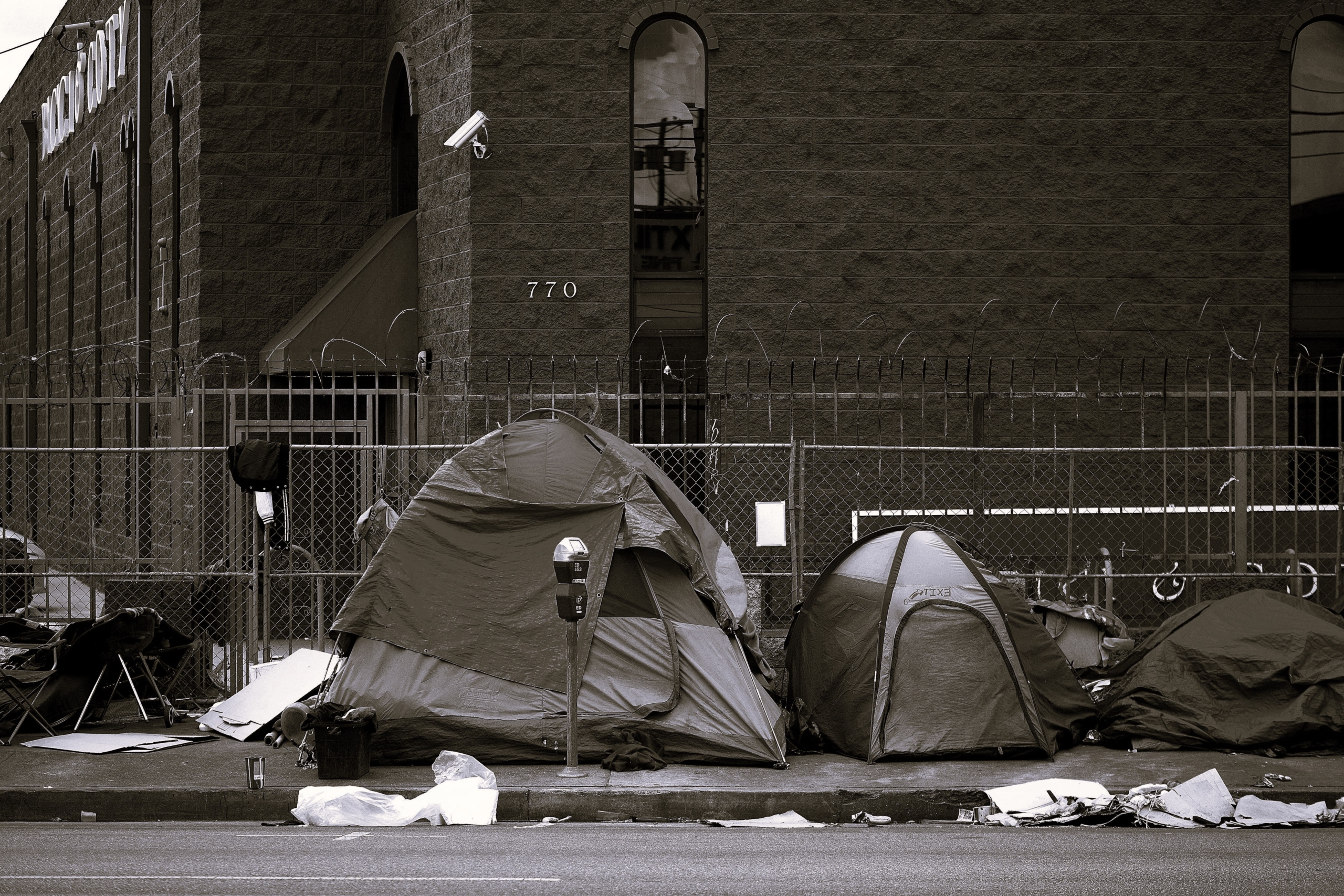The Students of Groningen: Homeless and Hopeless in the Hurdles of a Housing Crisis
Maria Niemelä (EVICT student researcher)
Nearing the beginning of the new academic year, the Dutch city of Groningen (famously known as a student city) has warned students not to come if they have not secured a place to stay. In 2021, the city saw a lot of students experiencing homelessness. According to Shelter Our Students (S.O.S), an emergency couch surfing platform based in Groningen, around 600 students reached out to get help last year. Six months later, some remained unable to find a home.

Photo from Pexels. Courtesy of Daan Rink
Groningen has been nicknamed as one of the youngest cities in Europe. It is no surprise as the city is home to two major educational institutions, the University of Groningen and Hanze University of Applied Sciences. Together, the schools host 60 000 students, accounting for 25 % of the city’s total population. Although it presents itself as a student city, the city has not been able to accommodate the ever-increasing number of students. In 2021, many found themselves sleeping in rows of beds located in tents and being charged 12,50 € per night. The effects of tenure insecurity and the lack of adequate space are reflected in low educational achievements during a period in life that is particularly important for shaping one’s future.
Unlike some universities abroad, campus and dorm accommodation services offered by the universities in Groningen are few and far between in the country. Students are themselves responsible for finding accommodation. However, this can prove challenging as Groningen’s housing market is plagued by a severe undersupply with an estimated shortage of 7 400 houses, making finding affordable housing a daunting task. Students in particular may have difficulty keeping up with the competitive prices of the rental market because they often lack their own income. For example, a recent ad listed a small bedroom (approximately 3m x 5m in area, with little cubic meters due to a slanted ceiling) on the outskirts of the city for 695 € a month, with a bathroom shared with two other tenants. It is truly a landlord’s market.
Students’ chances of finding housing are further hampered by indirect efforts such as the various requirements imposed by skeptical landlords to exclude students from the application process at the outset. These include requirements for income, guarantor, and lease history. Language requirements, common to shared accommodation, pose an additional challenge for international students. Some have gone to the point of declaring “no internationals” in their advertisements.
The housing situation of students in the Netherlands is a social problem. Similar reports of students on the streets have surfaced in Utrecht, Maastricht, and Amsterdam. Ultimately, the problem can be pinpointed to two major factors – the housing shortage and the fact that universities are taking in too many (international) students. To address the concerns of an increasing international student population, possible solutions that have been identified so far include reducing the number of English study programs and communicating with international students more effectively to adequately inform them of the housing situation in the Netherlands.
Some progress has been made in Groningen following the eight-hour occupation of the academy building of the University of Groningen by S.O.S in September 2021. As a consequence of the event, the University of Groningen, Hanze University of Applied Sciences and the municipality agreed to increase the availability of emergency housing, lower the prices per night, and to communicate more clearly with incoming students. For the academic year 2023/2024, the University has set out to construct four hundred temporary rooms on campus for the next fifteen years. This would relieve the pressure on lengthy construction projects as a solution to the housing shortage. Yet, this is still no solution to the housing shortage for the upcoming academic year. Time will tell how big the issue will be for students this year.





